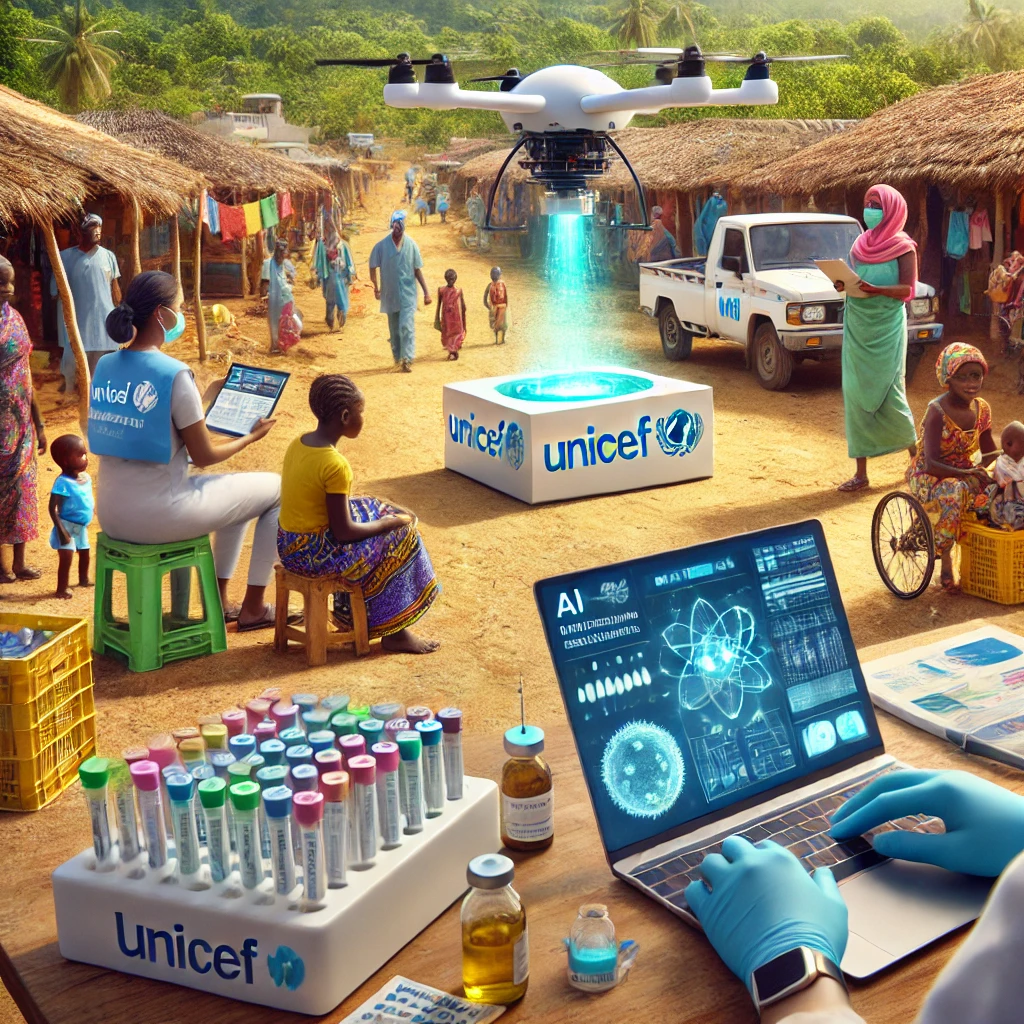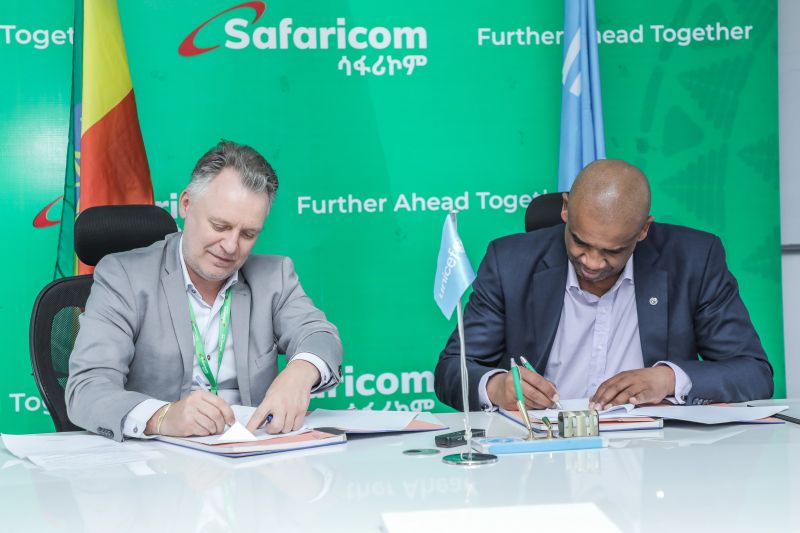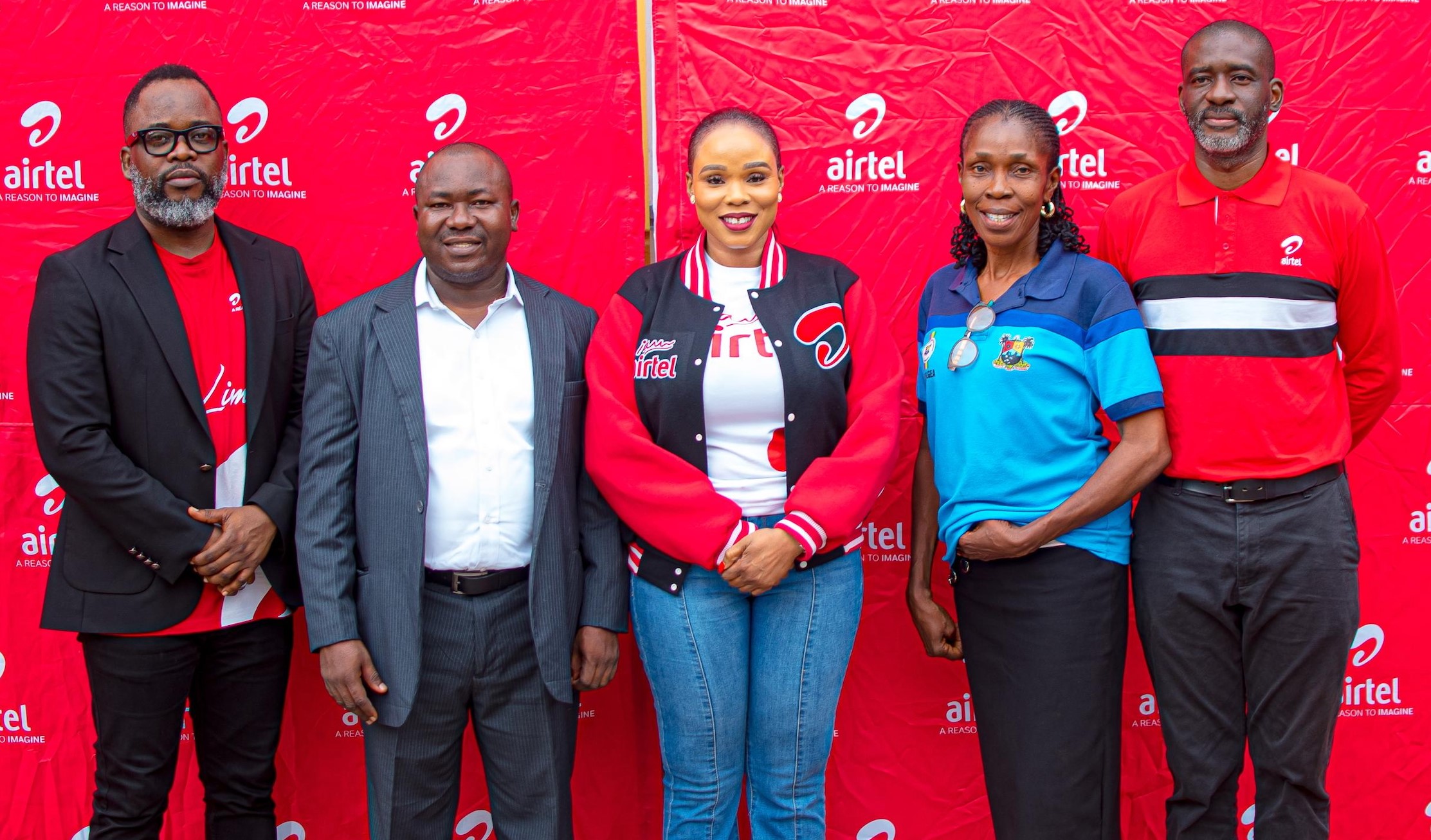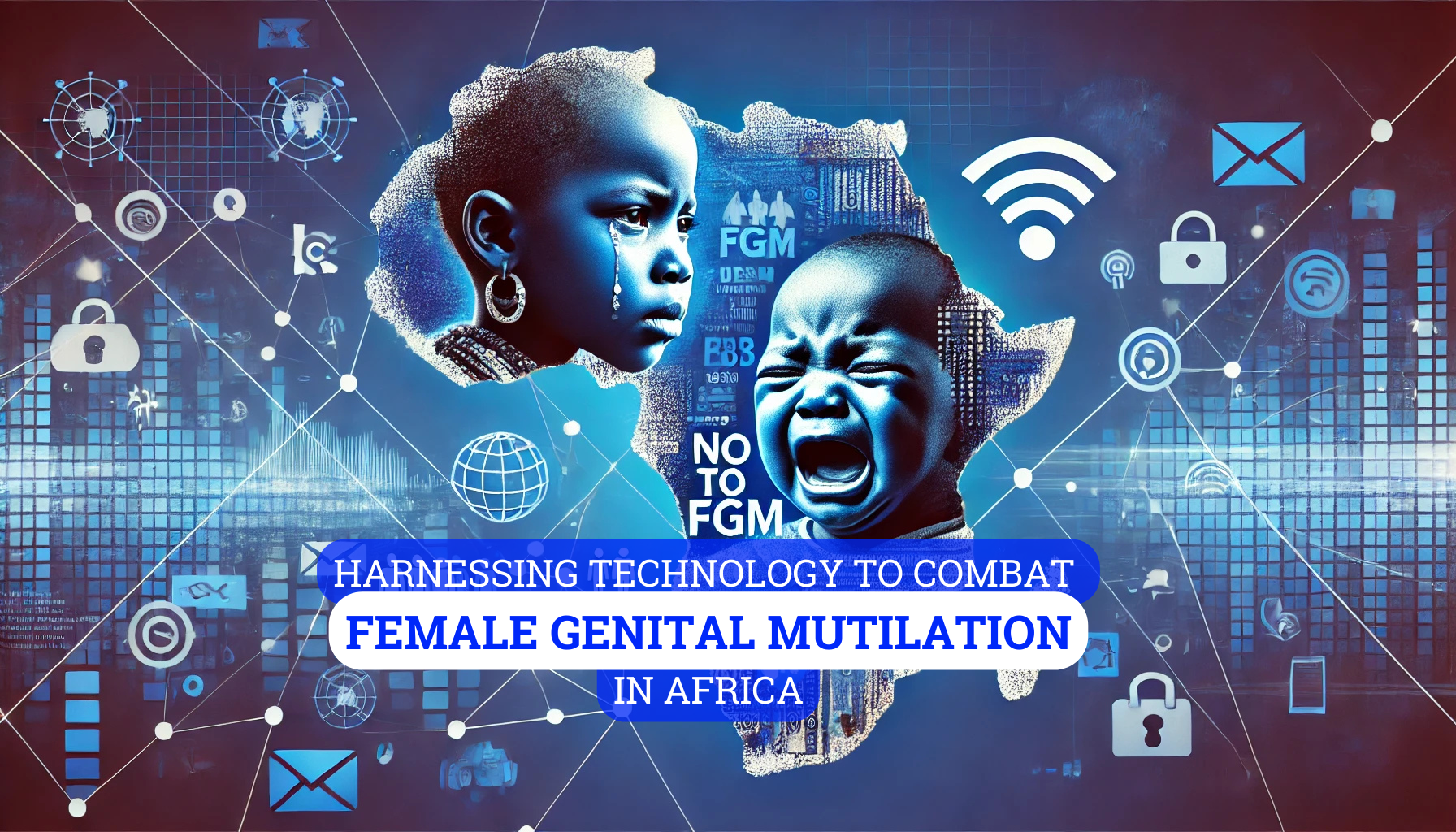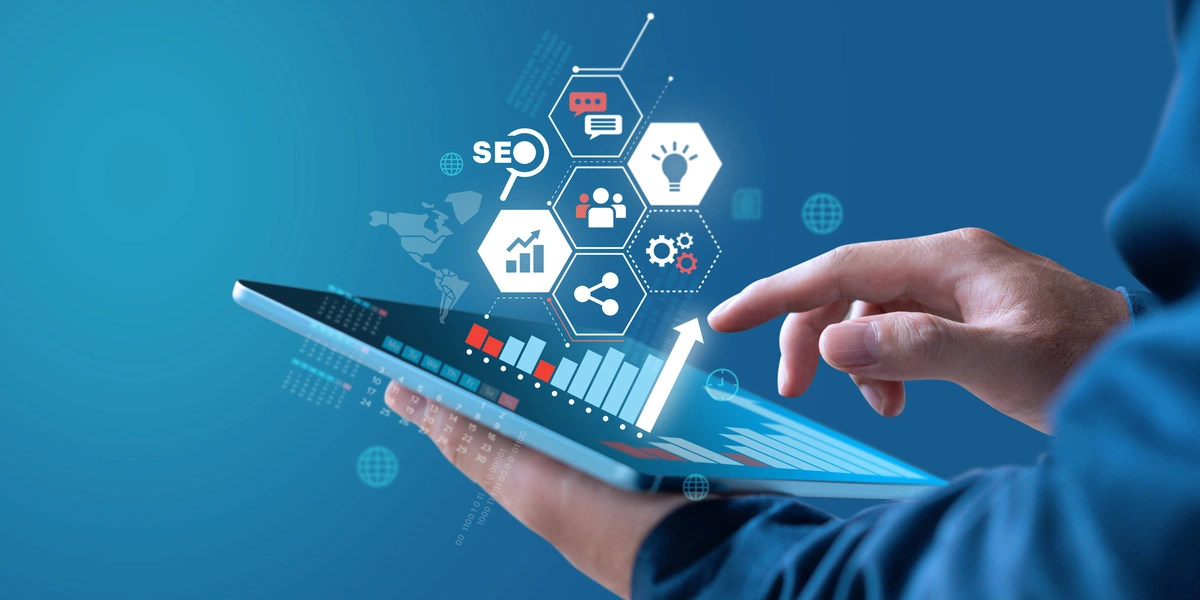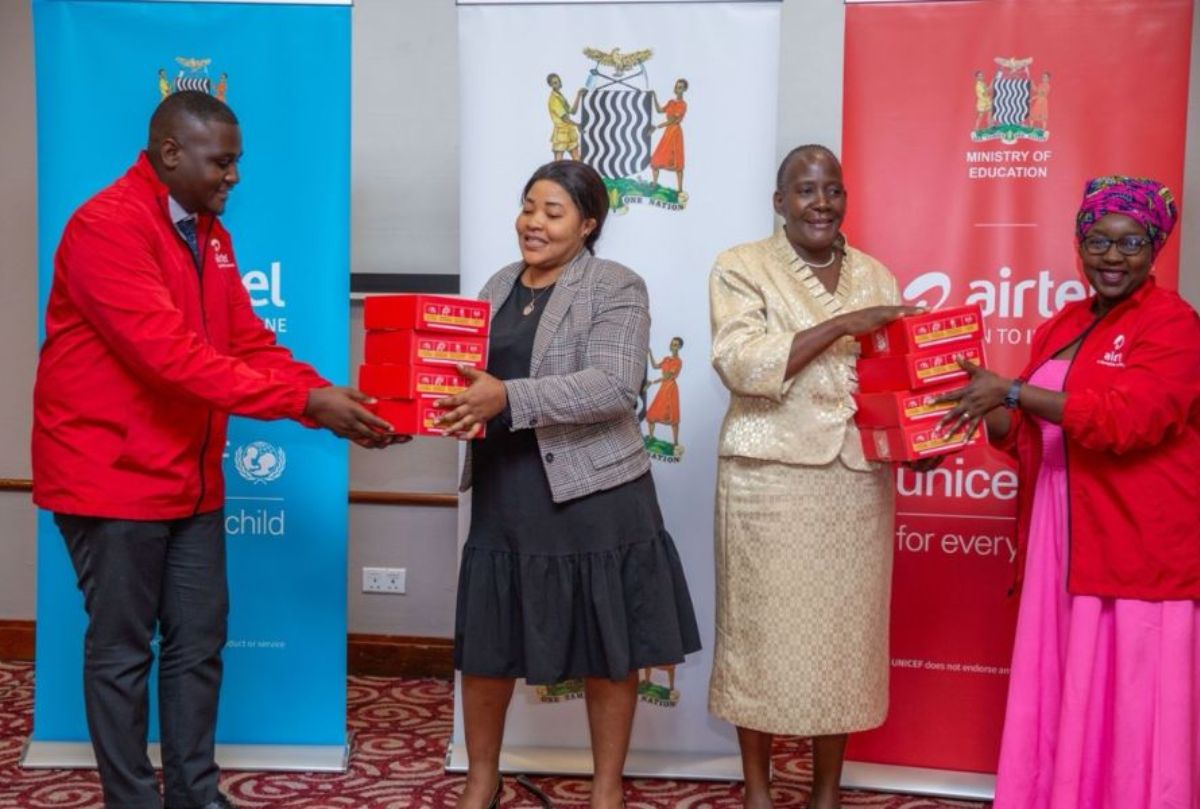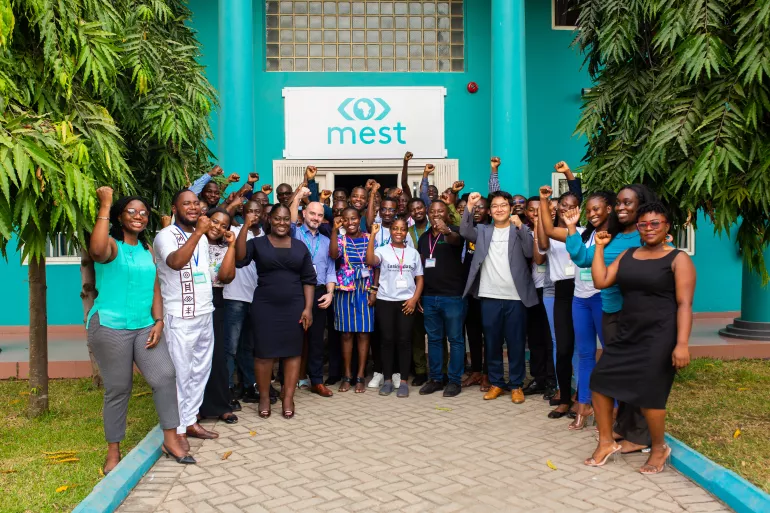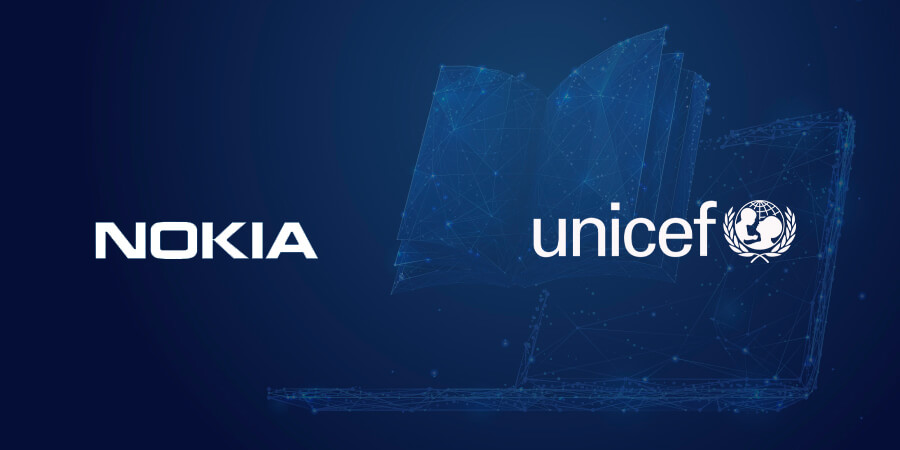Ghana is a country with a vibrant and diverse entrepreneurial ecosystem, where many startups and businesses are using technology and innovation to solve social and environmental challenges. However, these ventures often face barriers such as limited access to funding, mentorship, partnerships, and knowledge.
This is why UNICEF, in collaboration with KOICA and MEST Africa, launched the UNICEF StartUp Lab in 2019, a six-month accelerator programme that supports impactful startups and businesses working to advance the Sustainable Development Goals (SDGs) for children and young people.
The Programme Structure and Benefits
The UNICEF StartUp Lab is a unique service that combines an intense, hands-on business acceleration with wide-reaching technical expertise and systems knowledge in the social sector, led by the UNICEF experts in Education, Health & Nutrition, Social Policy & Protection, WASH (Water, Sanitation & Hygiene), and Child Protection. The programme aims to help the participants develop and scale their solutions, while also creating positive social impact and contributing to the SDGs.
Read also: Nokia, UNICEF provide digital education to Senegalese children
The participants of the programme enjoy a range of benefits, such as:
– Funding: Each startup receives up to GHS 32,000 for product development
– Partnerships: Access to a wide network of UN System partners
– Growth: Intense, hands-on practical business acceleration
– Knowledge: Direct access to resources and social sector programme experts
The programme also hosts local networking events to celebrate the shortlisted startups for the UK Final, which will be held at the Winter Gardens Empress Ballroom in Blackpool in May. The UK Final is a prestigious event where the winners of the 12 award categories will be announced and celebrated.
The Application Process and Criteria
The UNICEF StartUp Lab is open to all startups and businesses from all regions of Ghana, regardless of whether they are UNICEF members or not. The programme is free to enter and has a simple online application process. The deadline for applications is Sunday 11 February 2024.
The programme welcomes diverse ventures, with a particular focus on empowering women-led businesses. The eligibility criteria are as follows:
– Your startup has been operational for 1+ year
– Your startup is a registered business in Ghana (no NGOs, foundations, or individuals)
– Your startup has technology as the core enabler of the business
– Your startup has a business model with a social impact that addresses at least one of the SDGs
– Open-source solutions, or startups that are willing to open-source their solutions, are particularly encouraged to apply
– Startups with female founders/co-founders are encouraged to apply
– Startups related to Health Tech, EdTech, Urban Tech, Climate Action, Fintech and WASH are strongly encouraged to apply
If you are a Ghanaian entrepreneur with a passion for making a difference for children and youth, don’t miss this opportunity to apply for the UNICEF StartUp Lab and join a community of like-minded innovators. For more information and to apply, visit UNICEF StartUp Lab. For more tips and resources on how to start, run, and grow a social enterprise, visit UNICEF Innovation.
Some Success Stories from the UNICEF StartUp Lab
The UNICEF StartUp Lab is an accelerator programme that supports impactful startups and businesses working to advance the Sustainable Development Goals for children and young people in Ghana. Some of the success stories from the programme are:
– Africa Goodnest: an e-commerce platform that helps customers discover and buy quality products crafted by local African talent and entrepreneurs. The startup graduated from the second cohort of the UNICEF StartUp Lab in 2021, and has since expanded its product range, customer base, and social impact.
– AppCyclers: a waste management company that provides e-waste education, collection, recycling, and upcycling solutions. The startup graduated from the first cohort of the UNICEF StartUp Lab in 2020, and has since secured partnerships with major corporations, NGOs, and government agencies to reduce e-waste and create green jobs.
African startup acquisitions decline
– BookNook: an online platform that connects book lovers and authors, and promotes reading culture and literacy. The startup graduated from the third cohort of the UNICEF StartUp Lab in 2022, and has since increased its user base, content, and revenue, while also supporting local authors and publishers.
– Dext Technology: a hardware company that produces low-cost science kits and curriculum for schools and students. The startup graduated from the first cohort of the UNICEF StartUp Lab in 2020, and has since reached over 100,000 students across Ghana and beyond, and won several awards and recognition for its innovation and impact.
– Farmula: a digital platform that connects smallholder farmers to buyers and service providers, and provides them with market information and financial inclusion. The startup graduated from the second cohort of the UNICEF StartUp Lab in 2021, and has since grown its network, transactions, and social impact, while also empowering women and youth in agriculture.
These are just some of the examples of how the UNICEF StartUp Lab is empowering Ghanaian entrepreneurs to create positive change for children and youth. The programme is looking for more innovative and impactful startups and businesses to join its fourth cohort, which will start in March 2024. If you have a solution that can make a difference for the SDGs, apply now and become part of the UNICEF StartUp Lab community.
